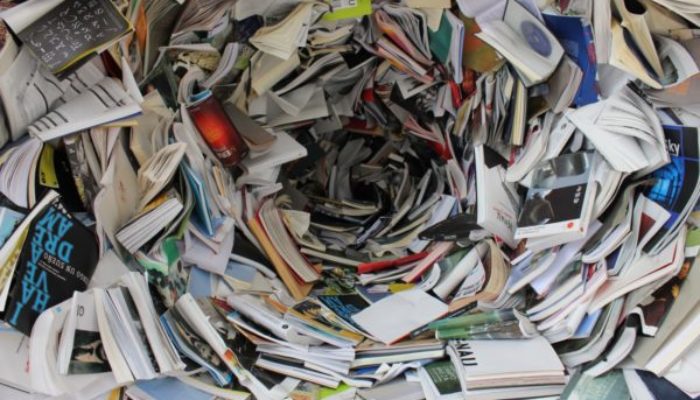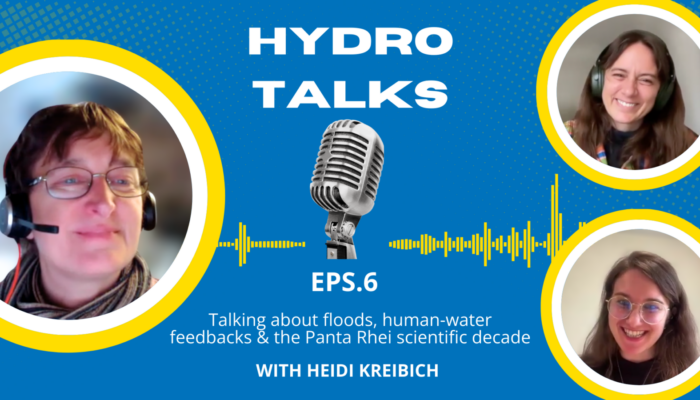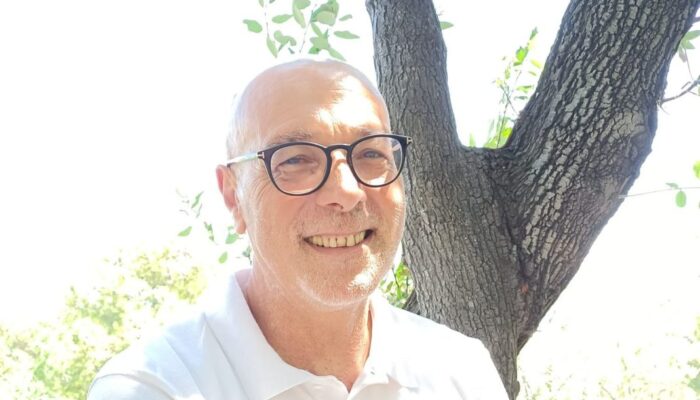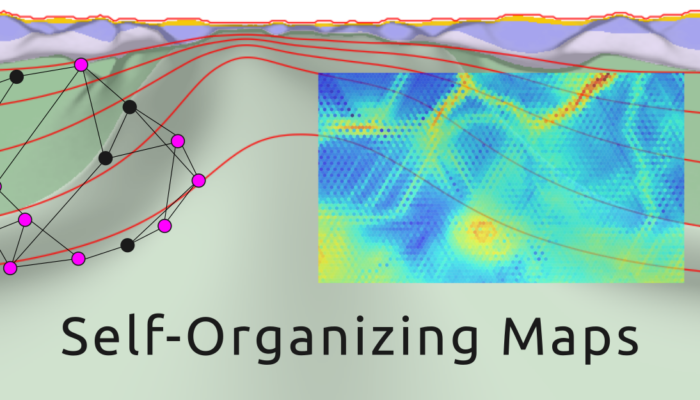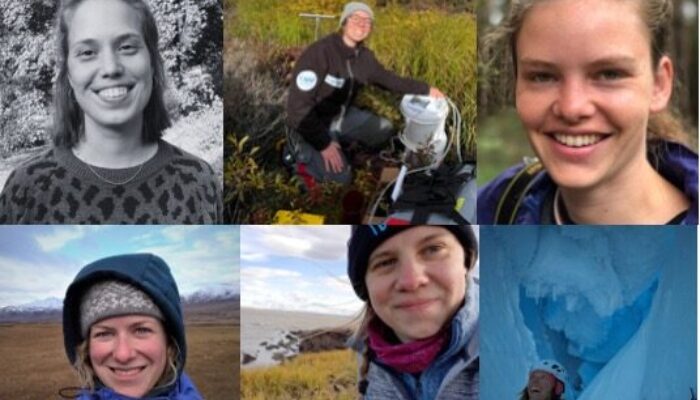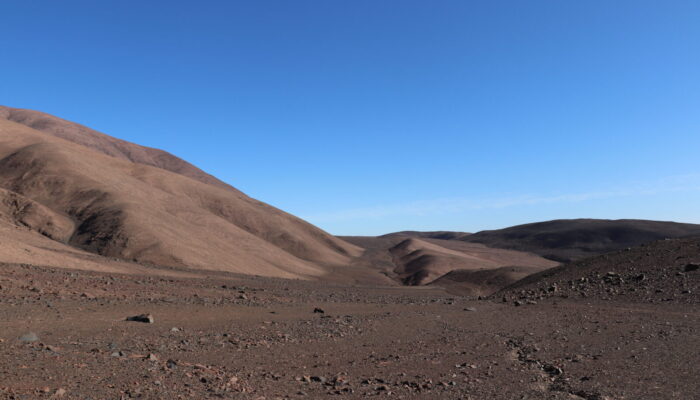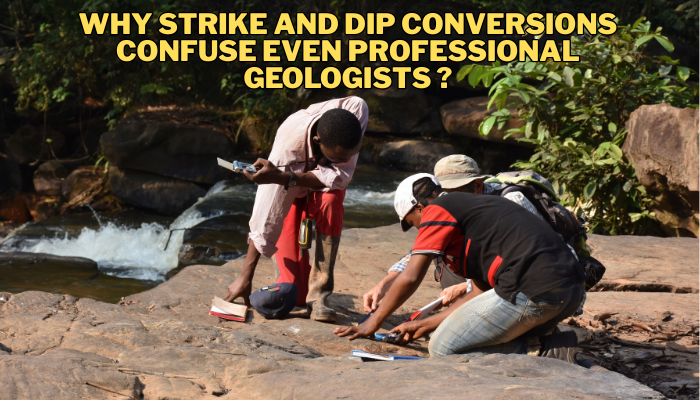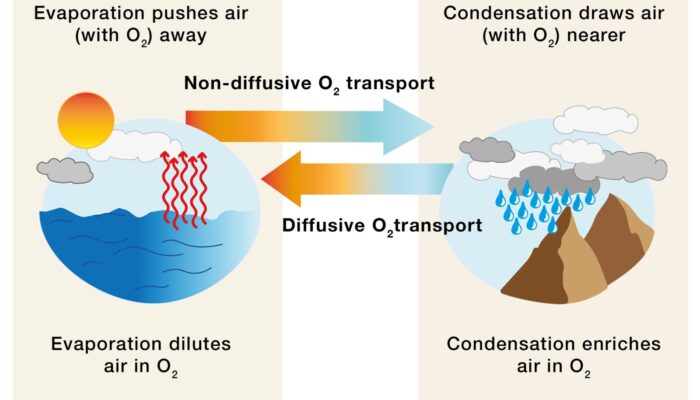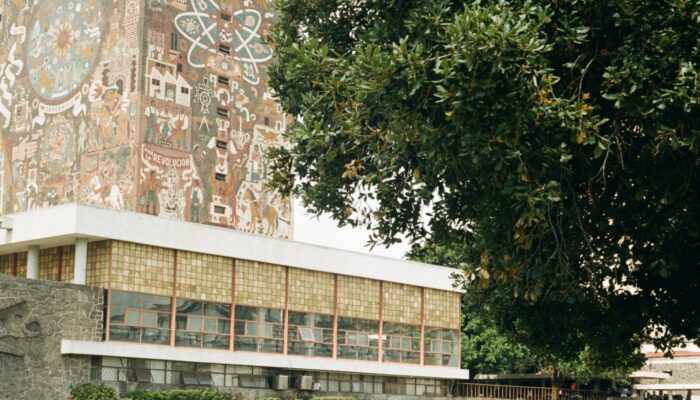TS Must-read series, the wrap up In 2020, we started the Must Read activity by asking the TS community a simple question: which papers do you think every tectonics and structural geology student should read? that led to more than a thousand nominations and lively debate. A short list of 48 Must Read papers was distilled by adding 3 complementary contributions to the 45 entries that had the larges ...[Read More]
If you didn't find what you was looking for try searching again.
Hydrological Sciences
HydroTalks: Heidi Kreibich about Floods, Human-water Feedbacks, and the IAHS Scientific Decade Panta Rhei
For this month’s episode of HydroTalks, we’re thrilled to welcome Heidi Kreibich. She is head of the Section Hydrology at GFZ Helmholtz Centre for Geosciences and senior lecturer at the Geography Department of Humboldt-Universitat zu Berlin. Heidi is also president of the Natural Hazards division of the EGU and president of the International Commission on Human-Water Feedbacks in the IAHS. In add ...[Read More]
Geosciences Instrumentation and Data Systems
GI and PS Joint Campfire. Investigation of Planetary Bodies: Analog Studies And Mission Concepts
The Geoscience Instrumentation and Data Systems (GI) and Planetary and Solar System Sciences (PS) Divisions of the EGU are excited to host the first joint campfire event, shifting our gaze upward and outward. On Monday, 26 January at 4 pm CET, we invite the geoscience community to a session dedicated to the frontiers of space with the campfire entitled “Investigation of Planetary Bodies: Analog St ...[Read More]
Nonlinear Processes in Geosciences
Turbulence (and not only): The Legacy of Vincenzo Carbone, 2025 Richardson Medal
One year ago, Vincenzo Carbone left us. Vincenzo was a leading scientist in nonlinear geophysics, turbulence, and complex systems, influencing fluid and plasma physics, weather and space weather, solar–terrestrial relations, and climate dynamics. Yet for those who worked closely with him, his legacy goes well beyond his remarkable scientific achievements. Scientific Contributions and Impact Over m ...[Read More]
Geodynamics
Understanding geodynamic modelling results through maps of neural networks
The huge amount of data produced in Geosciences is increasing exponentially, and numerical modelling has become a key tool for understanding tectonic evolution over time, which also increases the volume of data produced. Here, I, João Bueno (PhD student at University of São Paulo, Brazil) will present how a machine learning technique known as Self-Organising Maps can be used to understand the int ...[Read More]
Cryospheric Sciences
Introducing the new chief editors of the cryo blog
New year, new team! We have some changes in our editorial team and would like to introduce our new chief editors to you today – please say hi to Mack and Leah! Mack and Leah will be taking over the role as chief editors from Maria Scheel, Lina Madaj, Emma Pearce and Loeka Jongejans. You might have read their names before as authors or editors on some of our very recent posts. From January on ...[Read More]
Geomorphology
Highlighting: Strike-Slip Faults! (Interview with Tamara Aránguiz-Rago)
This blog post is part of our series: “Highlights” for which we’re accepting contributions! Please contact Emma Lodes (GM blog editor, elodes@asu.edu), if you’d like to contribute on this topic or others. Interview with Tamara Aránguiz-Rago, PhD student, University of Washington. Email: tarangui@uw.edu. Website: https://taranguiz.github.io Can you describe in simple terms how strike-slip faults w ...[Read More]
Tectonics and Structural Geology
Why Strike and Dip Conversions Confuse Even Professional Geologists ?
Whether you are a student, educator, or industry professional, you have likely encountered the myriad conventions used for recording geological orientations. For students, this landscape can be perplexing; for professionals, it may lead to the sinking feeling that a crucial undergraduate lecture was missed. Indeed, converting strike and dip measurements between different systems, such as Quadrants ...[Read More]
Atmospheric Sciences
Is How We View the Atmosphere Too Dry?
Many people think about air as a fixed mix of gases like nitrogen, oxygen, and carbon dioxide (CO2). But the main reason the composition of air changes—water vapour—tends to get overlooked. Scientists often remove it from atmospheric samples before analysing air composition, and this convenient habit can make us forget something surprising: water vapour isn’t just “in” the air; it is air, and when ...[Read More]
Biogeosciences
Writing for the BG blog
Thank you for your interest in writing for the Biogeoscience Blog! The BG blog is created for and by EGU’s biogeoscience community. Please do not hesitate to reach out with any ideas, feedback or questions. What we publish Broadly speaking anyone can write for the blog and all ideas are welcome. Since the main readership of the blog are EGU members, our focus is on content that is interesting to a ...[Read More]

